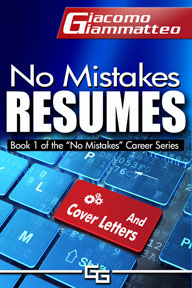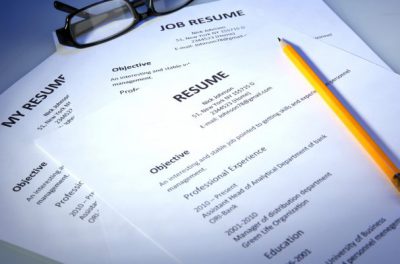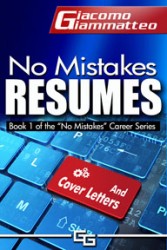The 10-Second Resume Rule: Truth or Bullshit?
It seems as if every other month someone is writing an article on the “10-second†rule of resume screening—that you only have 10 seconds to get the recruiter or the gatekeeper’s attention. I even mention it in my book, No Mistakes Resumes.
I don’t like the way it’s presented in many cases, but I wouldn’t want to dismiss the notion that a lot of time is spent on all resumes.
When I was doing research for my book I tested this theory on the resumes in my own database, and, for me, it didn’t work. We tend to deal with high-level candidates and most of our candidates are passive, which means by the nature of the business they fit the requirements better. In order to get a better idea of what it was like in the real world of the gatekeepers I did a few tests.
I asked some companies who were hiring for lower level positions if I could screen for them. These were positions that tend to draw a lot of resumes, and they had rigid screening-out requirements.
The hard and cruel facts are that if you were to take an “average†of time spent with all resumes—and assuming that they aren’t pre-screened resumes—and further assuming that there are strict requirements that the recruiter must follow, then yes, I can see the time spent “on average†to be down in the 10-second range.
 Here’s Why/How
Here’s Why/How
Let’s assume one of the requirements calls for an advanced degree. Even when that’s spelled out in the job description or ad, the number of people who submit resumes without advanced degrees is astounding. If the recruiter follows orders to screen out ruthlessly for education, it doesn’t take more than two seconds to notice the lack of an advanced degree.
Toss in another hard stance on requirements—like number of years experience, which is an easy one to spot—and pretty soon you’re down to half the number resumes and you’ve only spent about five minutes on the first 100. (I’m referring to actual screening time, not the time spent in between each resume.)
I’ll summarize the process to help you visualize. You pick up the resume, quickly scan for an advanced degree.
- No degree = trash.
- Not enough experience = trash.
There are other factors that pop up also.
- Too many mistakes = trash.
- Formatting cramped making it difficult to read = trash.
- Dates overlap or seem ‘off’ = trash.
- No experience in desired industry = trash.
It’s only if a resume meets all of the rigid requirements, and a subjective analysis, does the recruiter look further. From what I saw on the (admittedly) limited tests I ran, this reduced the stack of submittals by more than half. This is not a pretty scenario, but it’s often true, especially when the hiring authorities set rigid requirements.
I don’t agree with this method of screening, and I don’t agree with screening requirements that are so rigid, but in the real world it happens all the time.
Bottom Line
My own experience is quite different. I spend a minimum of a minute or two on unsolicited resumes, and probably from 10 minutes to half an hour or more on resumes where I’ve actually recruited the person for a specific position.
So while I don’t buy into the “10-second rule†as a rule, and I don’t like the way it tends to be presented as gospel, it isn’t as far off as we’d like to believe, at least not for jobs that draw high-volume submissions.
If you want to find out how to avoid getting trashed by the “10-second†rule, sign up for my newsletter, or better yet, pick up a copy of the book, No Mistakes Resumes.
If you enjoyed this post, please share.Â
photo credit: Alan Cleaver via photopin cc






















Connect
Connect with us on the following social media platforms.